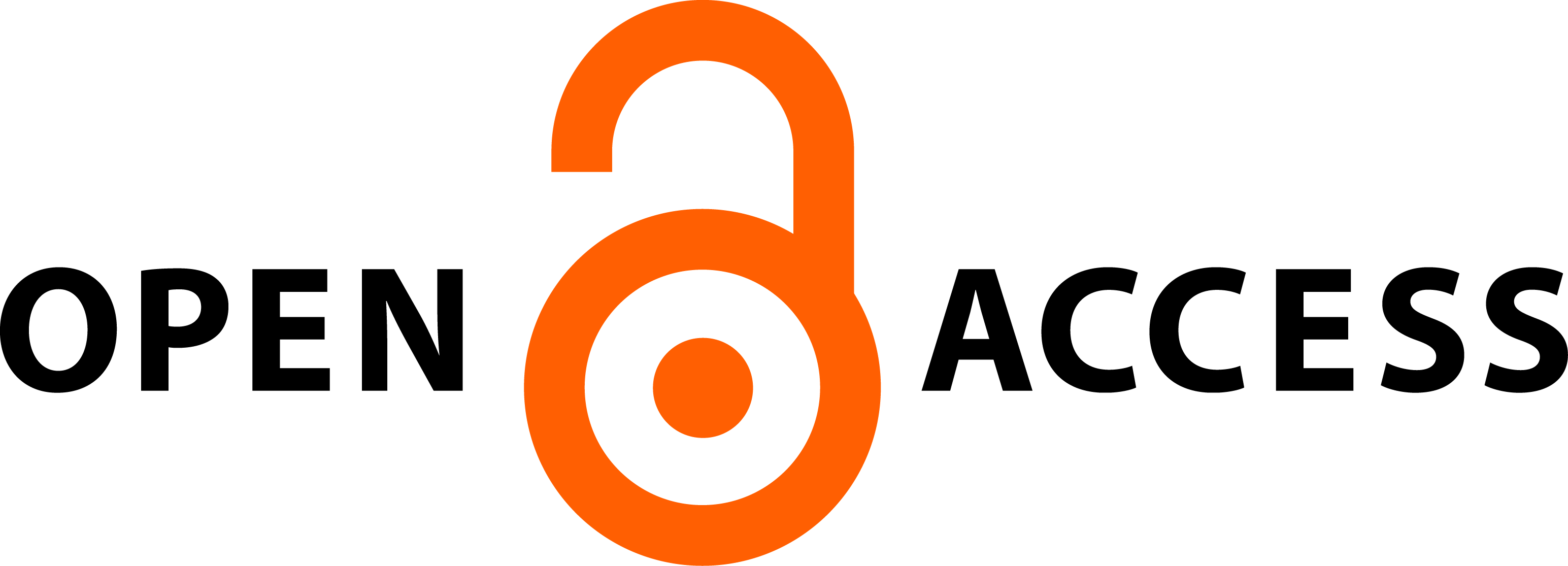Kajian Kritis Terhadap Fatwa MUI Tahun 1981 Tentang Iddah Wafat Dan Relevansinya Bagi Wanita Karir
DOI:
https://doi.org/10.21154/muslimheritage.v6i2.3389Keywords:
MUI fatwa, iddah period, career womanAbstract
Abstract
Iddah is a woman's obligation after divorce from her husband, either divorce or divorce. The MUI fatwa regarding iddah died in 1981 which decided First, the ability to go out of the house for women who are carrying out iddah is a matter of khilafiyyah, second, choosing the opinion of the majority of scholars, namely it is not permissible for women during the iddah period to leave the house at night, even to carry out the pilgrimage. The fatwa does not explain in detail about the period of the iddah of death and the sentence can lead to many interpretations. In addition, is the fatwa still relevant to the current context where many women work in various public sectors. For these reasons, it is important to review the MUI fatwa on the iddah of death. This research is a library research with a normative approach and uses a qualitative method, namely by observing and reviewing the MUI fatwa on the iddah of death as well as its relevance for career women. The results of this study are that there is a conflict between the MUI fatwa and the text of the Qur'an, Government Regulation No. 9 of 1975 concerning the implementation of Law No. 1 of 1974 concerning marriage. Regarding the relevance of the MUI fatwa to the iddah period of career women, the fatwa does provide space not to carry out iddah during the day, but must remain in the corridor of Islamic law. So that Shari'a can still be carried out without negating the rights and obligations of both social and individual.
Abstrak
Iddah merupakan kewajiban seorang wanita setelah bercerai dengan suaminya baik cerai talak atau cerai mati. Fatwa MUI tentang iddah wafat tahun 1981 yang memutuskan Pertama, kebolehan keluar rumah bagi wanita yang sedang menjalankan iddah adalah masalah khilafiyyah kedua, memilih pendapat jumhur ulama yaitu tidak bolehnya wanita dalam masa idaah untuk keluar rumah di malam hari, sekalipun untuk melaksanakan ibadah haji. Fatwa tersebut tidak menjelaskan secara rinci tentang masa iddah wafat dan kalimat tersebut dapat menimbulkan banyak penafsiran. Selain itu apakah fatwa tersebut masih relevan dengan konteks saat ini dimana banyak wanita yang bekerja di berbagai sektor publik. Karena beberapa alasan tersebut menjadi penting untuk mengkaji kembali fatwa MUI tentang iddah wafat. Adapun penelitian ini merupakan kepustakaan (library reseacrh) dengan pendekatan normatif dan menggunakan metode kualititatif yaitu dengan mengamati dan mengkaji fatwa MUI tentang iddah wafat juga relevansinya bagi wanita karir. Hasil penelitian ini adalah ada pertentangan antara fatwa MUI dan nash al-Qur’an, Peraturan pemerintah no 9 tahun 1975 tentan pelaksanaan undang-undang nomor 1 tahun 1974 tentang perkawinan. Terkait relevansi fatwa MUI dengan masa iddah wanita karir, fatwa tersebut memang memberikan ruang untuk tidak melaksanakan iddah di siang hari, akan tetapi harus tetap pada koridor syari’at Islam. Sehingga syari’at tetap dapat dijalankan tanpa meniadakan hak dan kewajiban baik sosial ataupun individu.
Downloads
Published
Issue
Section
License
Requirements to be met by the author as follows:
- Author storing copyright and grant the journal right of first publication manuscripts simultaneously with licensed under the Creative Commons Attribution License that allows others to share the work with a statement of the work's authorship and initial publication in this journal.
- Authors can enter into the preparation of additional contractual separately for non-exclusive distribution of a rich version of the journal issue (eg:post it to an institutional repository or publish it in a book), with the recognition of initial publication in this journal.
- Authors are allowed and encouraged to post their work online (eg, in institutional repositories or on their website) prior to and during the submission process, because it can lead to productive exchanges, as well as citations earlier and more severe than published works. (see The Effect of Open Access).

















